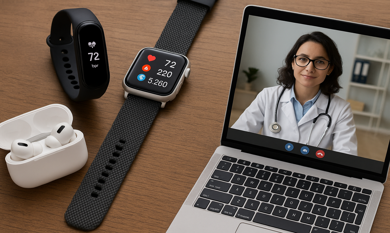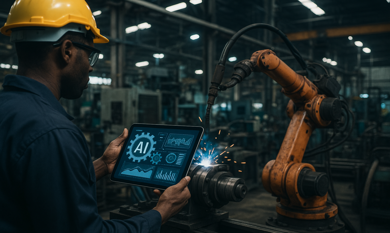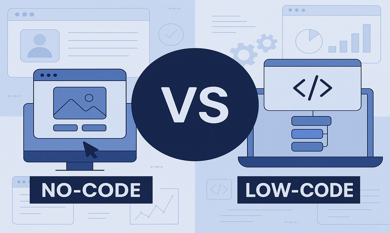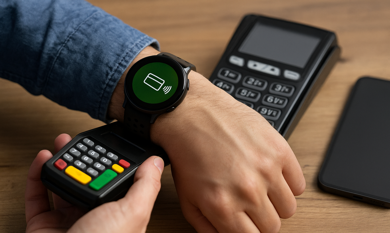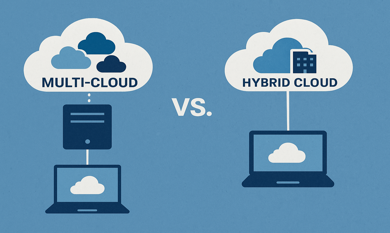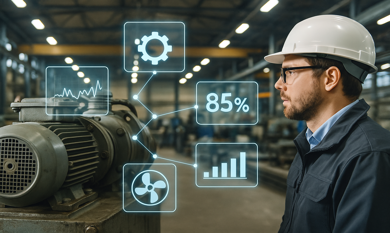Manufacturing home appliances like refrigerators, ovens, and washing machines requires high precision. Even small defects can lead to increased costs, product failures, and unhappy customers. Traditionally, workers inspect products manually, but this method can be slow, inconsistent, and prone to errors. Computer vision, powered by artificial intelligence (AI), is transforming quality control by automating defect detection, making production more efficient and reliable.
Automated Quality Checks with AI
Computer vision uses smart cameras and AI software to scan and analyze products during manufacturing. These systems can detect issues like scratches, misaligned parts, missing screws, or surface defects that may be hard for the human eye to catch. Unlike manual inspection, AI-powered systems work continuously, ensuring every product meets quality standards without human fatigue or errors.
Early Defect Detection to Reduce Waste
One major advantage of computer vision is its ability to spot defects early in the production process. If a component is faulty, it can be removed before being assembled into a finished product. This reduces material waste and lowers the need for costly rework. For example, if a refrigerator door is slightly misaligned or a washing machine panel has a surface flaw, the system flags the issue immediately, preventing defective products from reaching the market.
Improving Efficiency with Predictive Maintenance
Beyond detecting defects, computer vision also helps manufacturers improve their production lines. By analyzing defect patterns, AI can predict machine failures before they happen. This means factories can schedule maintenance at the right time, avoiding unexpected breakdowns and costly delays. Keeping machines running smoothly improves efficiency and increases overall production output.
Ensuring Quality and Compliance
Home appliances must meet strict quality and safety standards. Computer vision systems help ensure products comply with these regulations by checking dimensions, finishes, and structural integrity. By maintaining consistency in every batch, manufacturers can avoid recalls, reduce penalties, and build a reputation for reliability.
Easily Integrating with Smart Factories
Modern computer vision solutions can be added to existing production lines without major disruptions. These systems can work alongside robots and smart manufacturing technologies to improve speed and accuracy. Since they can handle high production volumes, they are ideal for large-scale manufacturing operations.
By adopting AI-driven computer vision, home appliance manufacturers can minimize defects, cut costs, and improve product quality. This shift towards automation makes production more efficient and ensures that every appliance meets the highest quality standards.
Real-World Impact: Whirlpool’s AI-Driven Defect Detection
Whirlpool, a leading home appliance manufacturer, implemented computer vision technology to enhance quality control. By using AI-powered cameras and deep learning algorithms, Whirlpool successfully automated defect detection in its production lines.
Key Benefits Whirlpool Achieved:
- 50% reduction in defect rates, minimizing recalls and customer complaints.
- Increased production efficiency, as AI continuously monitors quality without breaks.
- Lower operational costs, as early defect detection reduces waste and rework expenses.
Ready to enhance your manufacturing process with AI-powered defect detection? Discover how computer vision development services in Dallas can take your quality control to the next level!






















_Choosing%20the%20Right%20App%20Development%20Company_%20A%20Comprehensive%20Guide_Q1_24.jpg)
_Chatbots%20for%20Event%20Management%20and%20Hospitality%20Services_Q1_24.jpg)
_Best%20iOS%20App%20Development%20Company_%20Enhancing%20User%20Engagement%20with%20Push%20Notifications_Q2_24.jpg)
_Key%20Trends%20in%20Healthcare%20Software%20Development%20for%20the%20Future_Q2_24.jpg)
_How%20much%20does%20it%20cost%20to%20create%20an%20android%20app%20in%202024%20for%20Startups_%20A%20detailed%20guide_Q2_24.jpg)
_Integrating%20Chatbots%20Into%20Your%20Application.jpg)


_Enhancing%20Driver%20Safety%20and%20Compliance%20with%20Web%20Apps%20in%20the%20Logistics%20Sector_Q3_24.jpg)
_Web%20Apps%20for%20Retail%20and%20eCommerce_%20Streamlining%20Operations%20and%20Reducing%20Costs_Q3_24.jpg)
_How%20AI%20is%20Enhancing%20Construction%20Site%20Surveillance%20and%20Security%20in%20Dallas_Q3_24-1.jpg)
_The%20Impact%20of%20Cross-Platform%20Apps%20on%20Real%20Estate%20Market%20Trends%20in%20Dallas_Q3_24-1.jpg)
_Streamlining%20Appointment%20Scheduling%20with%20Cloud%20Computing%20in%20Dallas%20Healthcare_Q4_25.jpg)
_How%20Cloud%20Solutions%20Are%20Enhancing%20Remote%20Patient%20Monitoring%20in%20Healthcare_Q4_25.jpg)































.png)



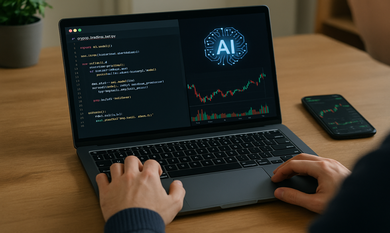
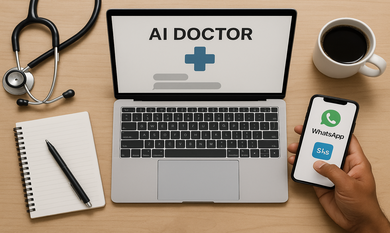

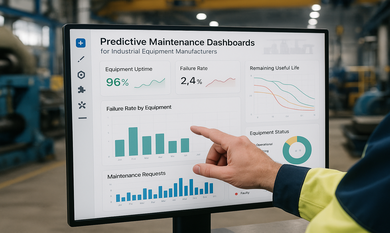





.png)

.png)
.png)
.png)
.png)


.png)
.png)
.png)
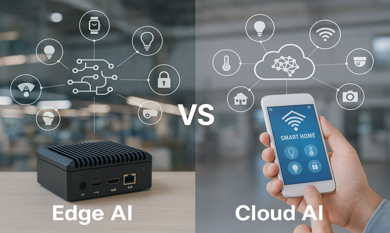
.png)



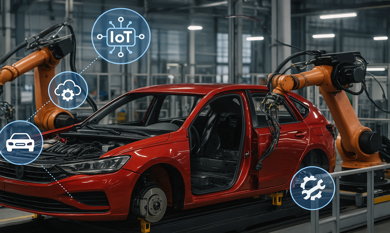


.png)
.png)

